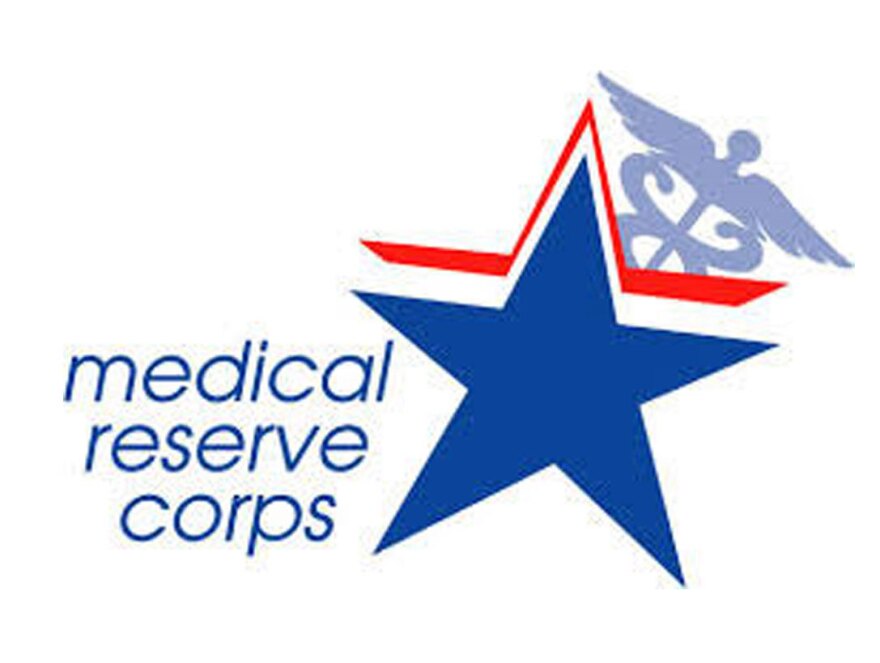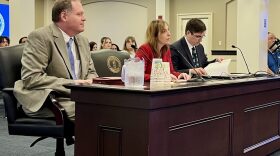With a $2.25 million grant, Kentucky will expand and restructure its Medical Reserve Corps to cover every county in the state.
The corps comprises medical and non-medical personnel who volunteer their time and expertise to supplement public-health resources during emergencies and other times of community need.
Kentucky's corps supported emergency-shelter operations following storms in December 2021 in Western Kentucky; the flooding, mudslides and landslides in Eastern Kentucky last July; and during extreme weather events, such as the temperature plunge last December. Volunteers helped with testing and vaccine distribution during the pandemic, and typically provide medical support and first aid at large public gatherings such as the Kentucky Derby.
“These volunteers have been crucial in aiding with disaster responses, and their invaluable impact has especially been felt during recent years,” Gov. Andy Beshear said in a news release. “We have faced unimaginable challenges such as natural disasters, a once-in-a-century global pandemic and so much more. With this funding, the administration will be able to provide direct financial support, technical assistance, resources and training to help our regional units and strengthen communities.”
The Medical Reserve Corps has 29 locally housed units with volunteers in 78 counties. The 42 counties not covered by the Medical Reserve Corps are Adair, Allen, Barren, Bath, Bracken, Breathitt, Butler, Calloway, Casey, Clay, Clinton, Cumberland, Edmonson, Estill, Green, Hardin, Hart, Jackson, LaRue, Laurel, Lewis, Logan, McCreary, Madison, Marion, Marshall, Meade, Menifee, Metcalfe, Monroe, Morgan, Nelson, Powell, Pulaski, Rockcastle, Rowan, Russell, Simpson, Taylor, Warren, Washington and Wayne.
The state plans to use the grant money to restructure and consolidate the units into eight regionalized units that will cover all 120 counties. The corps will be housed under "Kentucky’s Healthcare Coalitions" in the preparedness branch of the state Department for Public Health.
“The regionalization of the Medical Reserve Corps program will provide a more robust and equitable coverage of volunteers across our commonwealth and will enhance the quantity and quality of partnerships with key stakeholders we already partner with, such as hospitals, universities and local health departments,” Cabinet for Health and Family Services Secretary Eric Friedlander said in the release.
Of the 33 states and jurisdictions recently granted awards through the American Rescue Plan Act to strengthen the Medical Reserve Corps network across the country, Kentucky received the fourth largest.
Deputy Health Commissioner Connie White told the legislature's Interim Joint Health Services Committee June 21 that the money will provide the funding needed to strengthen the program.
"We're really going to work hard with our local providers to be sure that they know in case of emergency, that's not when you have a training. In case of emergency, that's when you call and say, 'Remember those desktop trainings that we did? Well, it's time to kick that into gear, because we need you.'"
This story was originally published by Kentucky Health News.





